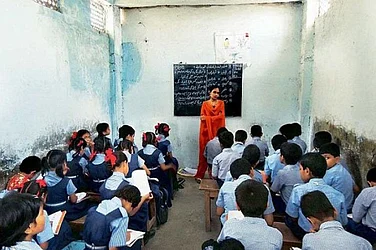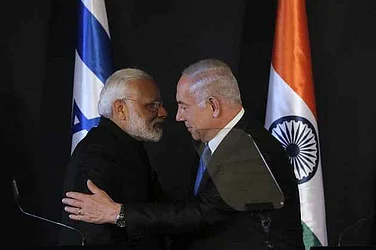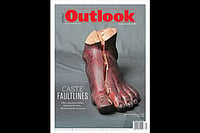The idea of a Uniform Civil Code (UCC) has been discussed even before Independence. In the 1940s, many leaders in the Constituent Assembly vociferously called for a unified legal structure that would cover marriage, divorce, maintenance, inheritance and adoption for all Indian citizens, irrespective of religion. But the idea of a UCC never took off. Though women’s movements consistently took up the issue during that time to protect the rights of women, they backed off in the 1990s, when they found that Hindu right wing groups were using the UCC to strengthen their political agenda.
Today, the UCC is once again doing the rounds as political parties are firming up their election strategy for the impending Lok Sabha and state polls. But the inherent questions that have plagued the UCC over decades still remain unanswered. Can we have uniform personal laws for 1.4 billion people, who belong to different religions and castes, not to mention the vast tribal communities who have their own customs and codes? The Law Commission said in 2018 that a UCC is neither necessary nor desirable, even though the UCC is mentioned in the Directive Principles of State Policy. The Supreme Court has repeatedly evaded a judgment in its favour, and put the onus on Parliament to enact a UCC.
MORE FROM THIS ISSUE
Where do we go from here? Can there be an inclusive UCC acceptable to all sections of society? Will it accommodate the best practices of all personal laws? Will the rights of queer people find mention? Won’t the BJP contradict its policy to favour a UCC that would encourage inter-faith marriages, while passing anti-conversion laws? We’ll let you find the answers in this special issue.



























